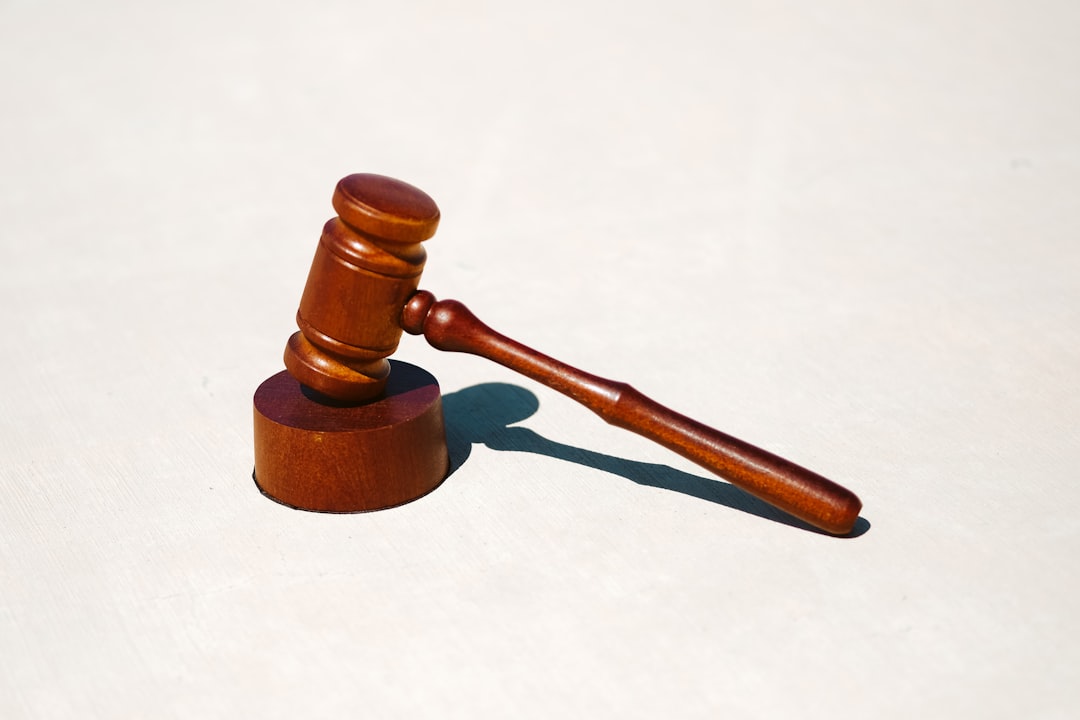Montana strictly regulates spam text messages through mandatory registration for businesses and severe penalties for offenders. Consulting a lawyer specializing in Montana's anti-spam laws is crucial for both businesses to avoid legal issues and individuals to protect their rights, ensuring compliance and a safer digital environment.
In an era dominated by digital communication, the rise of spam text messages has become a persistent nuisance. To combat this issue, Montana has implemented stringent anti-spam laws, requiring senders to register under strict regulations. This article delves into the intricacies of Montana’s anti-spam legislation, exploring registration mandates for text senders and the potential legal repercussions of non-compliance. Additionally, we discuss the pivotal role a lawyer specializing in spam texts can play in navigating these complex legal landscapes.
Understanding Montana's Anti-Spam Laws

Montana has implemented stringent anti-spam laws to protect residents from unwanted text messages. These laws are designed to prevent businesses and individuals from sending unsolicited texts, often known as spam. Under Montana law, anyone engaging in the commercial transmission of text messages must register with the state’s Office of the Attorney General. This registration requirement is a crucial step to ensure compliance and help reduce the deluge of spam texts.
If you’re facing issues with spam texts or are unsure about your rights under these laws, consulting a lawyer specializing in Montana’s telecommunications regulations can be beneficial. They can guide you through the process of navigating these rules and help protect your rights as a consumer.
Registration Requirements for Text Senders

Under Montana law, entities or individuals responsible for sending spam text messages are mandated to register with the appropriate authorities. This registration process is a crucial step to combat unsolicited texts and protect consumers. To become compliant, senders must provide accurate information, including their full legal name, business name (if applicable), physical address, and contact details. Additionally, they need to disclose the purpose of text messaging and obtain prior consent from recipients, ensuring transparency and respect for privacy rights.
A lawyer specializing in spam texts laws in Montana can guide senders through this registration process, ensuring all necessary documentation is in order. Compliance not only helps businesses avoid legal repercussions but also fosters a healthier communication environment for all users.
Legal Consequences of Unregistered Spam Texts

Unregistered spam text messages in Montana can lead to severe legal consequences. The state’s laws are designed to protect residents from unwanted and deceptive messaging, holding senders accountable for their actions. Under Montana law, individuals or businesses found guilty of sending spam texts without proper registration may face significant penalties, including substantial fines and potential criminal charges.
A lawyer specializing in spam text cases can help navigate these legal complexities. They can guide offenders through the process of registering under the relevant laws, ensuring compliance to avoid future troubles. These experts know how to protect their clients’ rights while mitigating the risks associated with non-compliance, making it crucial for those involved in mass text messaging to seek professional advice from a Montana lawyer specializing in spam texts Laws.
The Role of a Lawyer in Spam Text Cases

When dealing with spam text cases, engaging a lawyer specializing in Montana’s laws regarding unwanted communication is crucial. These legal professionals are equipped to navigate the intricate regulations and ensure that your rights as a recipient are protected. They can assist in understanding the scope of the law, helping you determine if the sender has violated any provisions, and guiding you through potential legal avenues.
A lawyer for spam texts in Montana plays a vital role in advising clients on strategic responses. They may suggest blocking or reporting the sender to relevant authorities, as well as providing representation if the situation escalates into a legal dispute. Their expertise enables them to offer tailored advice, ensuring that any actions taken are in compliance with local legislation, thereby fostering a more regulated and responsible digital environment.






